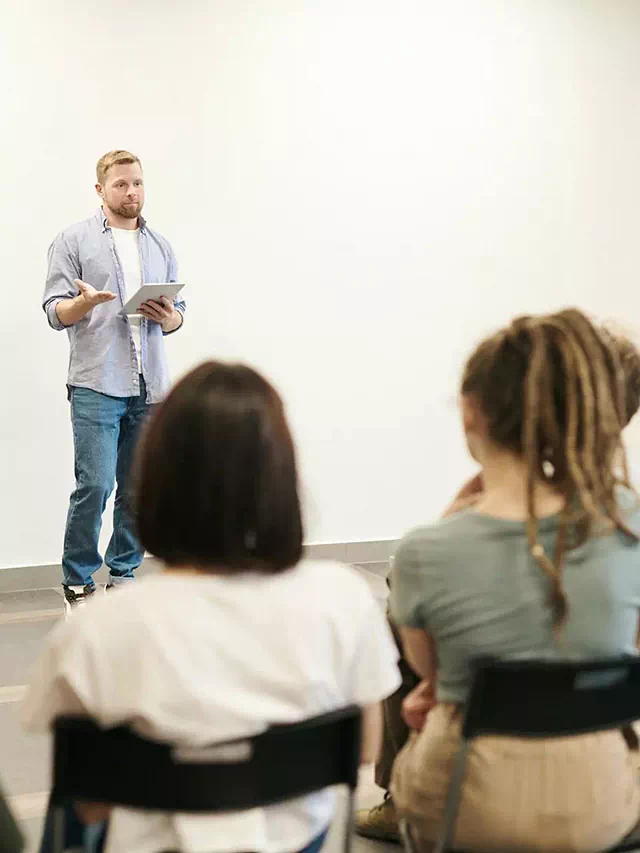Listening is one of the most important skills a person can have in both personal and professional relationships. However, many people struggle to really listen to what others are saying. If you want to improve your listening skills and become a better listener, here are some life hacks to help you do just that.
Practice active listening
Active listening is a technique that involves paying full attention to the person speaking, avoiding distractions, and showing that you are engaged in the conversation. This means making eye contact, nodding, and asking questions to clarify what the speaker is saying.
Put away distractions
When you’re in a conversation, it’s important to give the person speaking your undivided attention. This means putting away your phone, turning off notifications, and avoiding any other distractions. By doing this, you’ll be able to focus fully on what the person is saying and respond more effectively.
Show empathy
Showing empathy means putting yourself in the other person’s shoes and understanding their feelings and experiences. This can help you connect with the person speaking and understand their perspective.
Ask questions
Asking questions shows that you’re engaged in the conversation and are interested in what the person is saying. It also gives you a chance to clarify any misunderstandings and get more information on a topic.
Avoid interruptions
Interruptions can make it difficult for the person speaking to communicate their message effectively. Try to resist the urge to interrupt and instead allow the person to finish what they are saying before responding.
Listen for the underlying message
People may not always say exactly what they mean, so it’s important to listen for the underlying message in what they are saying. This could involve paying attention to tone of voice, body language, and other nonverbal cues.
Practice mindfulness
Mindfulness is the practice of being present in the moment and paying attention to your thoughts and feelings. By practicing mindfulness, you can become more aware of your own thoughts and distractions, and be better able to focus on what the person speaking is saying.
Avoid multitasking
Multitasking can make it difficult to give your full attention to the person speaking. Try to focus solely on the conversation and avoid doing anything else, such as checking your phone or writing an email, while you are listening.
Pay attention to nonverbal cues
Nonverbal cues, such as body language, facial expressions, and tone of voice, can often give you a deeper understanding of what the person is saying. Paying attention to these cues can help you pick up on the speaker’s emotions and tone, even when they may not be expressed explicitly through words.
Repeat what you heard
If you’re not sure you understand what the person is saying, try repeating back what you heard in your own words. This can help you confirm your understanding and provide an opportunity for the speaker to clarify their message if needed.
Practice patience
Listening takes time and effort, and sometimes it can be frustrating when the speaker seems to be taking too long or not getting to the point. However, it’s important to be patient and allow the person to express themselves fully.
Be present in the moment
Being present in the moment means focusing solely on the conversation and avoiding distractions. This can help you be more mindful of your thoughts and distractions, and be better able to focus on what the person is saying.
Becoming a better listener requires effort and practice. By using these life hacks, you can improve your listening skills and build stronger relationships with others. Remember, good listening skills are an essential part of effective communication, and they can help you build trust, understand others, and connect with people on a deeper level.


